
- Diet & Nutrition
- Behavior & Training
- Puppy Care
- Preventive Care
- Common Conditions
- View Full Guide
Are You Feeding Your Dog Well?

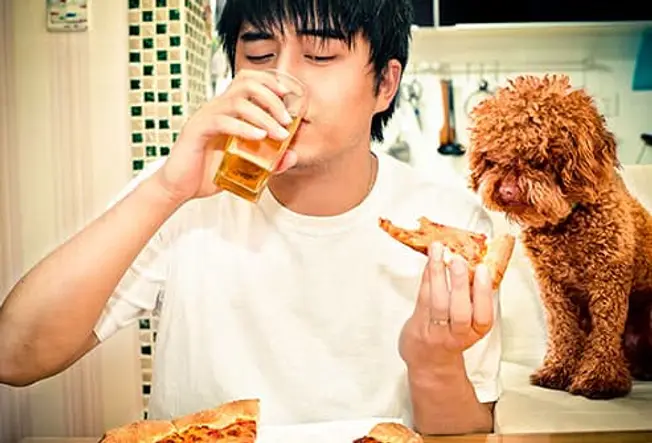
Are Table Scraps OK?
Dogs love to beg, a behavior you should discourage. Giving your dog table scraps can lead to diarrhea and pancreatitis, not to mention weight gain. Ask your vet how much is okay to give your dog from the table. As a rule, don't give them more than two small treats a day. More than that can lead to pickiness and an overweight dog. Never feed Fido chocolate, onions, garlic, raisins, or grapes. These foods can be dangerous to a dog's health.
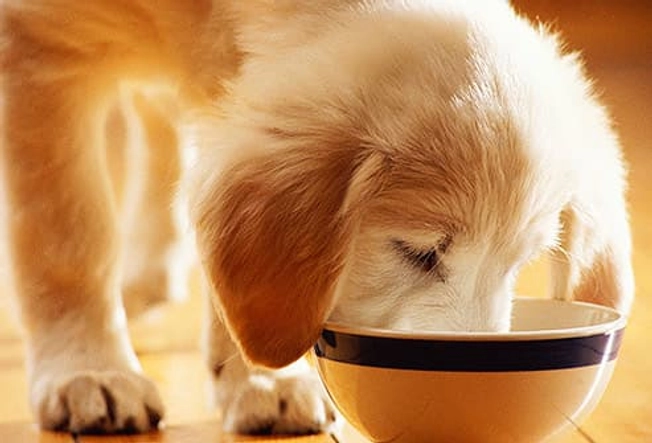
Is Puppy Food Really Different?
Yes -- it has more vitamins and calories than adult dog food. Your puppy should eat puppy food until their first birthday. If they are a large or giant breed, like a golden retriever or Great Dane, pick a food especially for large breed puppies, and give it to them until they are 12-18 months old.
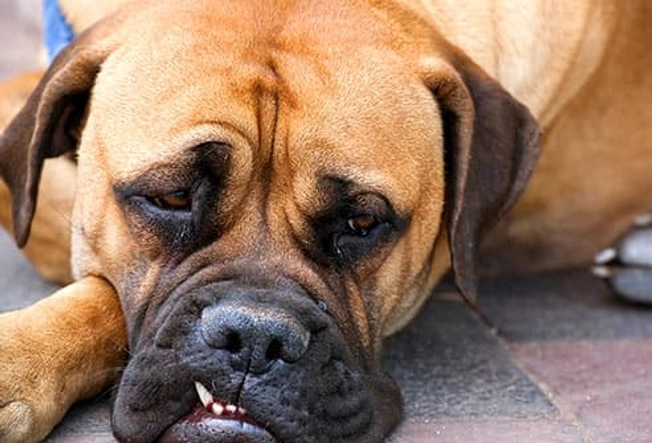
Why Is Fido Barfing?
Dogs can throw up for many reasons, including food. Maybe you've just changed what they eat or they have a food allergy. Or, they may have eaten something bad or downed their dinner too fast. If your dog throws up once, it's probably nothing to worry about. But if they barf a lot, talk to your vet. If they can't stop, see your vet right away.
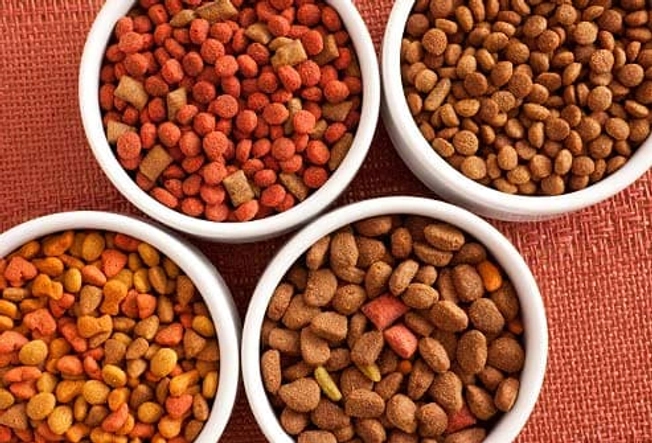
Can I Change My Dog's Food?
It seems boring to us, but dogs get used to eating the same food every day -- and so do their stomachs. Switching foods too fast can cause a problem. To change your dog's diet, blend the new food with the old over about 7-14 days, gradually giving them more of the new. But don't switch too often. It can turn your dog into a picky eater or cause weight problems.
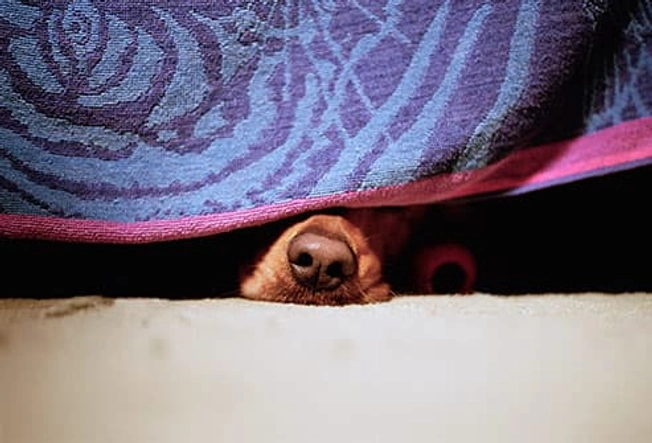
Is There Any Help for Gas?
If your dog often lets silent-but-deadlies go, diet changes may help. Ask your vet for a food that is easy on their tummy. Skip the table scraps. Some things like cheese can make gas worse. So can gulping food. Finally, if your dog gulps down their food, try splitting it into several small meals a day. You can also get a slow feeder bowl that is designed to make them eat at a slower pace.
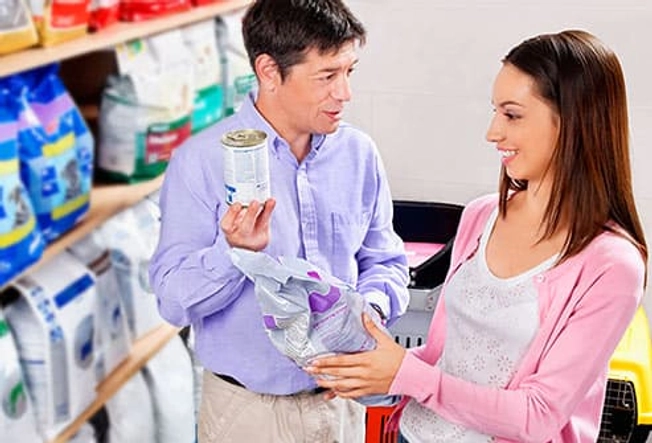
Dry Food or Wet?
Either gives your dog a complete, healthy diet. Canned food helps your dog stay hydrated and may be tastier, so it's good for picky eaters. Dry makes for more solid poop, meaning easier cleanup for you. And dry food is usually less expensive.
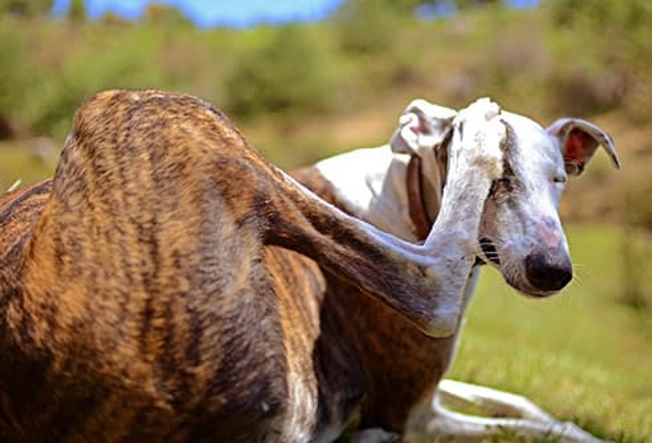
Can Dogs Have Food Allergies?
Yes, but don't blame a diet change. Dogs usually get allergies over time, to things they've been eating for a while. The most common causes? Proteins in chicken, beef, dairy products, soy, and eggs. Allergies can cause itchy skin, ear infections, diarrhea, vomiting, or hair loss. See your vet.

What if My Dog Eats Poop?
It's gross to us, but some dogs just like the taste. Although it's a normal behavior, sometimes it can be a sign that your dog is stressed or their diet is missing something. Talk with your vet to make sure you're feeding them a high-quality food. It can also help to clean up droppings right away. Or sprinkle hot sauce on feces to make the taste unpleasant. If cat poop is their downfall, a baby gate might help keep your dog out of the area.
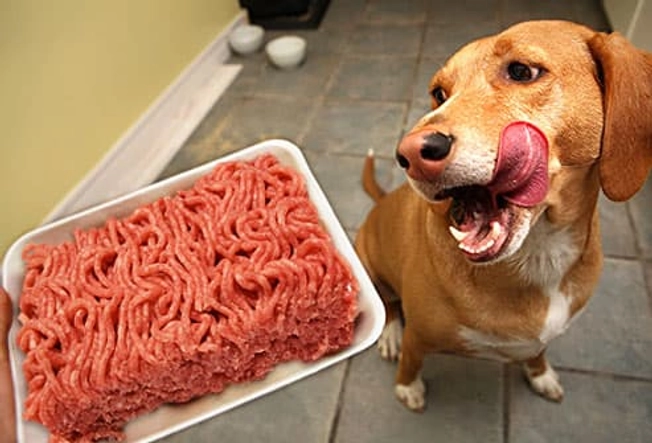
Are There Benefits to Raw Meat?
Pet owners often love or hate the idea of feeding their baby raw meat. There's not a lot of research that shows it’s better than dog food you buy at the store. And it may pose health risks to your dog and your family. Raw meat and eggs carry bacteria, like salmonella, that can make your dog -- and family -- sick. And raw meat often has bones, which can cause broken teeth and stomach problems.
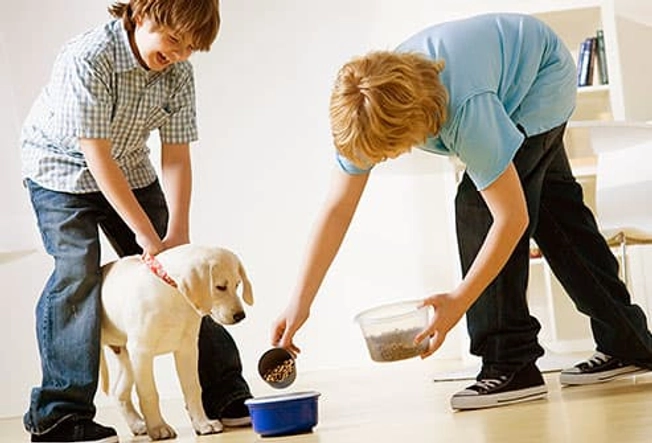
How Much Should I Feed My Dog?
See what it says on the dog food package. Then feed more or less depending on how active, or lazy, your dog is. If your dog sleeps most of the day, they may need 10% less than average. But if they spend their days chasing squirrels outside, they may need up to 40% more to maintain a healthy weight. Ask your vet for guidance.
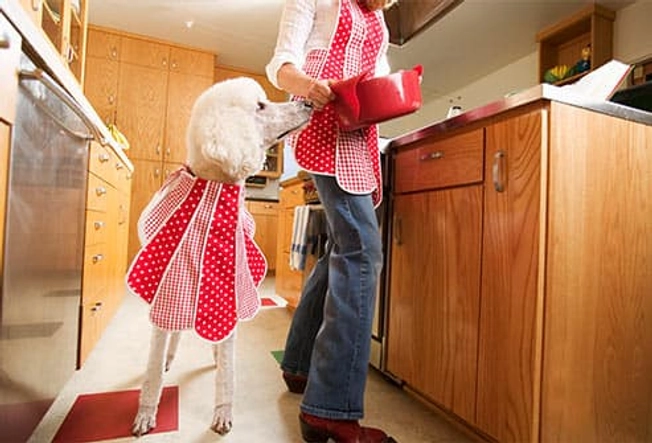
Can I Make My Own Dog Food?
Some dogs won't eat store-bought dog food or don't do well with it. You can make your own food with a little help. It's important to balance the proteins and carbs -- like chicken and rice, beef and pasta -- with other necessary ingredients so you know your dog is getting the nutrition they need. Talk to your vet for advice. They may be able to give you recipes or refer you to a dog nutritionist.
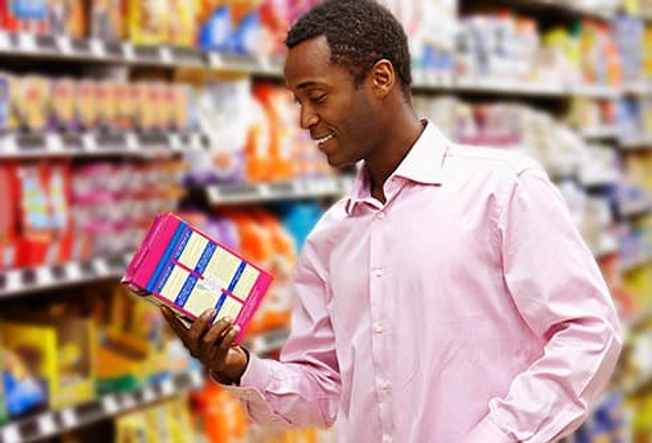
What Should I Look for on the Label?
The most important words are "complete and balanced nutrition." That means your dog will get a healthy diet from their food, and won't need vitamins or supplements. You can also look for a message from the Association of American Feed Control Officials (AAFCO). That's a guarantee that the food meets nutritional standards.
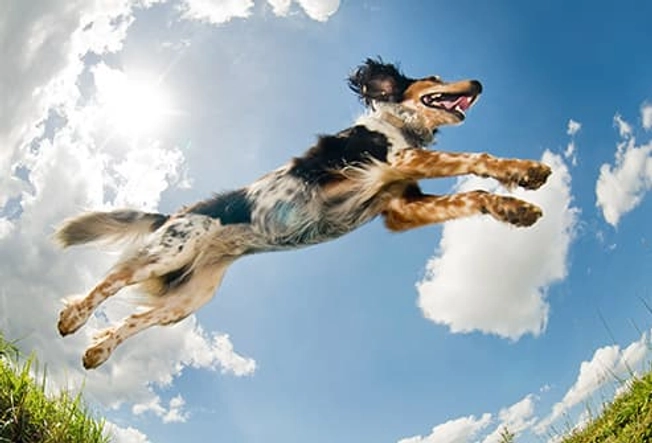
Is My Dog's Food Healthy?
Do they have healthy skin and a shiny coat? Is their energy good for their age and breed? Are their stools firm and brown? Are they at a healthy weight? If so, then you're probably feeding them the right food at the right amount. If any of your answers were "no," talk to your vet.